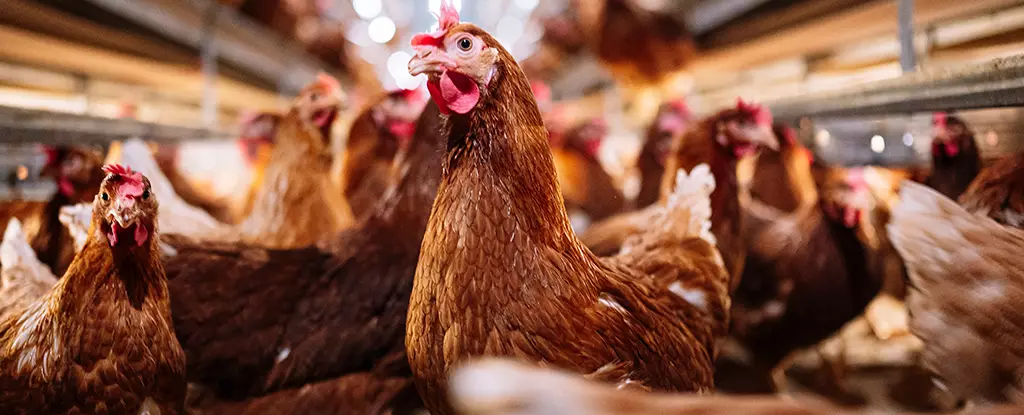Recently, the World Health Organization confirmed the death of a 59-year old individual in Mexico due to the H5N2 variant of bird flu. This marks the first confirmed case of a human infected with this particular strain of the virus. The victim passed away on April 24th after experiencing symptoms such as fever, shortness of breath, diarrhoea, and nausea. Despite having no history of animal exposure, the individual had multiple underlying medical conditions which may have contributed to the severity of the infection.
Health officials are currently facing challenges in determining the exact source of the exposure to the H5N2 virus. Although cases of this variant have been reported in poultry in Mexico, linking the human infection to these outbreaks has been deemed difficult. The World Health Organization has stated that the risk of transmission to the general population remains low, but a thorough investigation is underway to better understand the situation.
According to Mexico’s health ministry, the deceased person had a medical history that included chronic kidney disease, type 2 diabetes, and long-standing systemic arterial hypertension. Despite the presence of these pre-existing conditions, health authorities have assured the public that there is no risk of contagion from this isolated case. All individuals who came into contact with the patient have tested negative for the virus, providing some reassurance in terms of containment efforts.
In response to this incident, health authorities in Mexico are closely monitoring farms in the vicinity of the victim’s residence. A permanent surveillance system has been put in place to detect any potential cases in wildlife within the area. The goal is to prevent the spread of the virus and protect the community from any further infections. Efforts are being made to educate the public about preventive measures and the importance of early detection in such health emergencies.
While the H5N2 variant has caused concern in Mexico, it is important to note that human infections of H5N1 have been reported in the United States as well. Unlike H5N2, H5N1 has been spreading among dairy cow herds with a small number of cases in humans. However, health authorities have clarified that these cases are not due to human-to-human transmission but rather the virus spreading from animals to humans.
The confirmed case of human infection with the H5N2 variant of bird flu in Mexico underscores the importance of vigilance in monitoring and responding to such health threats. Collaboration between local and international health agencies is crucial in containing the spread of infectious diseases and protecting public health.


Leave a Reply